Don’t have time to read the whole thing? Here are the bits you need to know:
- Calming tea is a natural remedy for relaxation
- It helps many reduce stress and anxiety
- Calming teas contain herbs like chamomile, lavender, peppermint and lemon balm
- The active compounds in tea interact with the brain to induce relaxation
- Combining tea with other self-care practices can enhance its benefits
- Research suggests a positive relationship between calming teas and a good mental state
In today’s fast-paced world, prioritizing natural relaxing methods and supporting mental health is crucial. Calming tea, known for its soothing properties and claimed benefits, has gained popularity. But does it work? We explore the science, benefits, and varieties and incorporate them into your routine.
Understanding the Calming Nature of Tea: Exploring its Potential Benefits
Relaxing teas, as the name suggests, are types of tea specifically formulated to help calm the mind and relax the body. It typically consists of a blend of herbs and botanicals known for their calming properties. While the specific ingredients may vary, some common herbs in these teas include chamomile, lavender, lemon balm, passionflower, and valerian root. These herbs have long been associated with relaxation and are believed to have a positive impact on mental health.
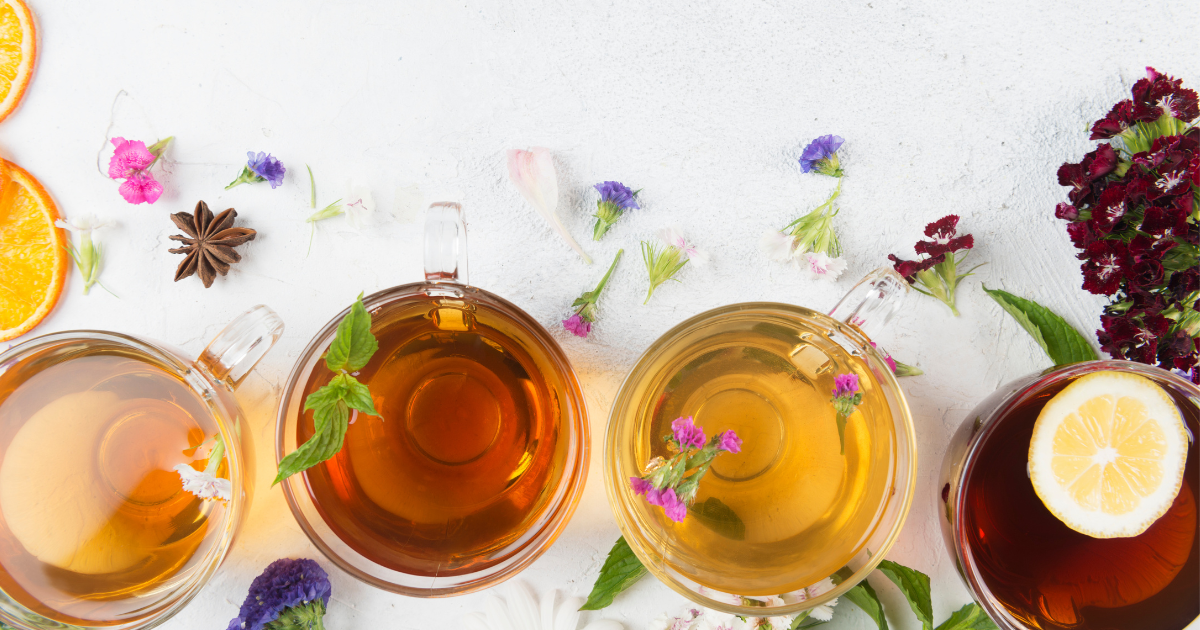
The Science Behind Relaxing Tea: How Does it Work?
To understand how relaxing tea works, we need to explore the science behind its ingredients. Chamomile, for instance, contains compounds like apigenin, which interacts with the brain’s receptors to induce relaxation and reduce anxiety. Lavender, another common ingredient, contains linalool, a compound shown to have sedative effects. Lemon balm is known to increase the levels of gamma-aminobutyric acid (GABA) in the brain, a neurotransmitter that helps regulate mood and reduce anxiety.
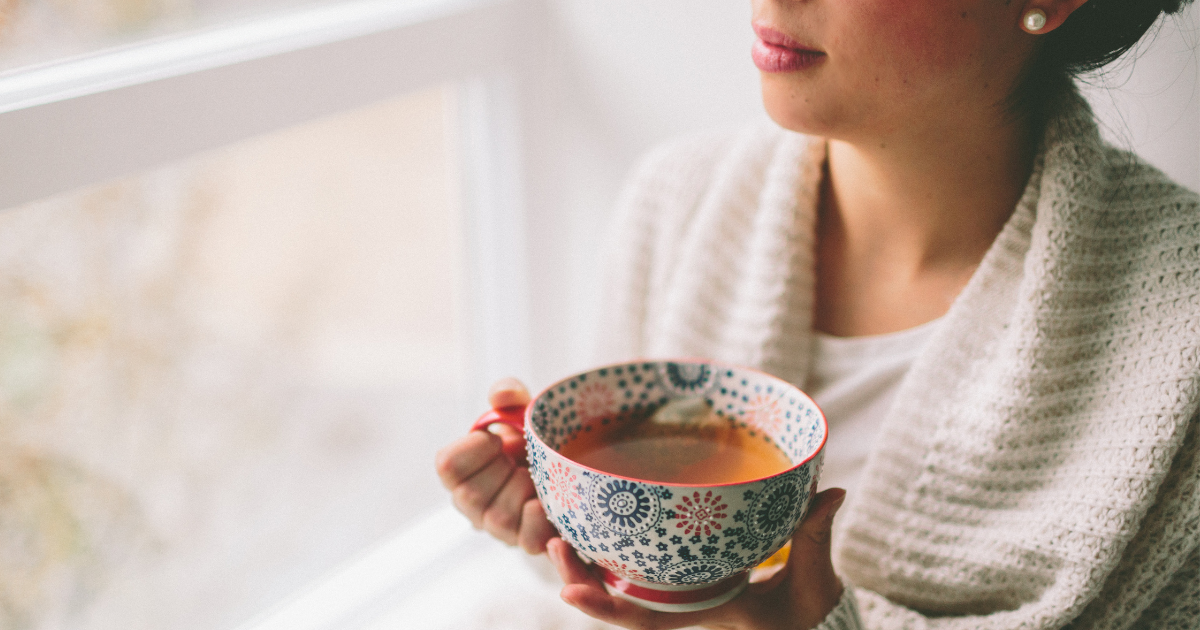
Exploring Different Varieties: Popular Calming Teas to Try
Soothing tea comes in various forms and flavours, providing various options for individuals seeking relaxation. Let’s explore some popular soothing tea varieties:
- Chamomile Tea: Chamomile is one of the most well-known herbs for promoting relaxation. Its delicate floral flavour makes it a soothing choice for winding down in the evening.
- Lavender Tea: Lavender not only has a pleasant aroma but also offers calming effects. Lavender tea is often enjoyed before bedtime to help improve sleep quality.
- Peppermint Tea: While commonly associated with digestion, peppermint tea can also have a palliative effect on the mind. Its refreshing taste adds a unique twist to the relaxing tea experience.
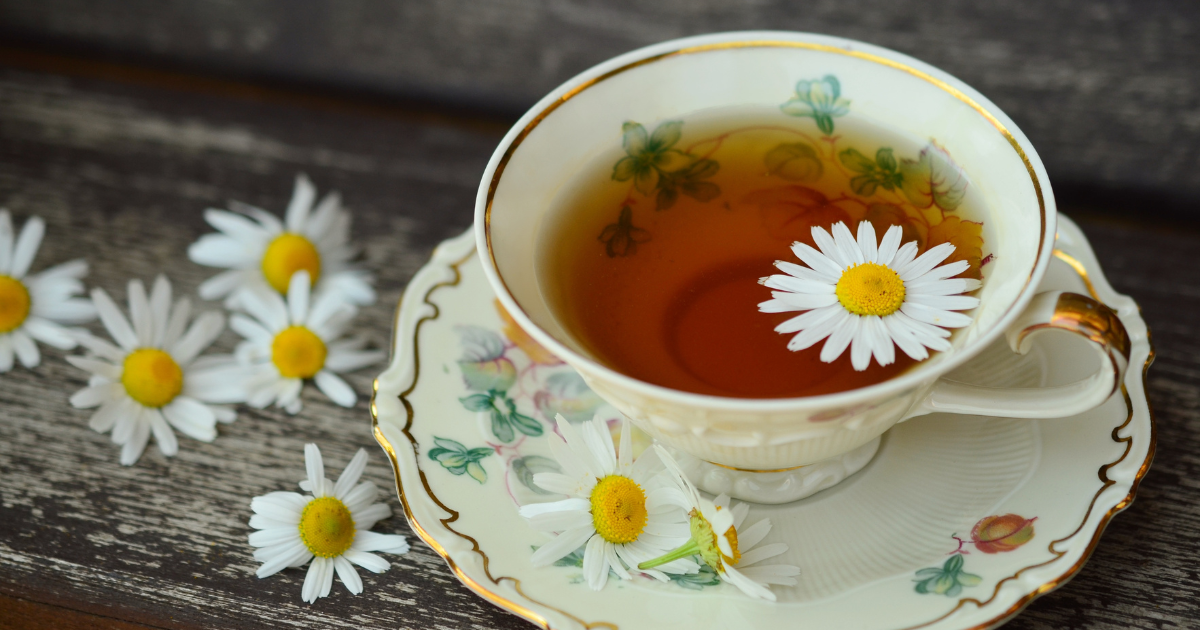
Nurturing Your Mind: How Calming Tea Can Positively Impact Mental Health
The benefits of relaxing tea extend beyond immediate relaxation. Regular consumption of calming tea can have a positive impact on mental health over time. By incorporating soothing tea into your routine, you can create a ritual that provides a moment of tranquillity amidst the chaos of daily life.
Soothing tea helps to create a sense of mindfulness and encourages individuals to slow down and savour the present moment. The act of brewing and sipping tea can be a meditative practice, promoting a state of calmness and reducing stress levels. This simple act of self-care can significantly contribute to overall mental well-being.
Incorporating Relaxing Tea into Your Daily Routine: Tips and Suggestions
Integrating relaxing tea into your daily routine is a simple and effective way to harness its potential benefits. Here are some tips and suggestions to help you make the most of your relaxing tea experience:
- Establish a Tea Ritual: Set aside a specific time to brew and enjoy your calming tea each day. Whether it’s in the morning to start your day on a peaceful note or in the evening to unwind before bed, consistency is key.
- Create a Relaxing Environment: Find a quiet and comfortable space where you can fully immerse yourself in the tea-drinking experience. Dim the lights, play soft music, or light a scented candle to enhance the soothing ambience.
- Practice Mindfulness: As you sip your relaxing tea, take the opportunity to engage in mindfulness. Focus on the sensations, flavours, and aromas of the tea, allowing yourself to be fully present in the moment.

Enhancing the Benefits: Combining Tea with Other Self-Care Practices
To amplify the benefits of tea, consider integrating it with other self-care practices that promote relaxation and mental well-being. Here are a few ideas to enhance your tea experience:
- Mindful Breathing: Pair your tea session with deep breathing exercises to further relax your body and mind. Focus on slow, deep inhalations and exhalations, allowing the tea’s soothing effects to deepen.
- Meditation: Combine your soothing tea ritual with a brief meditation practice. Sit quietly, close your eyes, and bring your attention to your breath or a calming mantra. Allow the tea to support your meditation, fostering a more profound sense of calmness.
- Gentle Movement: Engage in gentle exercises like yoga or stretching before or after enjoying your tea. Physical movement can complement the relaxation benefits of the tea and promote a sense of overall well-being.

The Future of Tea: Promising Research and Emerging Trends
As interest in natural remedies for mental health continues to grow, research on tea and its potential benefits is expanding. Scientists are exploring the active compounds in calming herbs, conducting studies to understand their mechanisms of action, and evaluating their impact on mental well-being.
While more research is needed to solidify the scientific evidence, the growing body of knowledge indicates promising potential for relaxing tea as a complementary approach to support mental health.
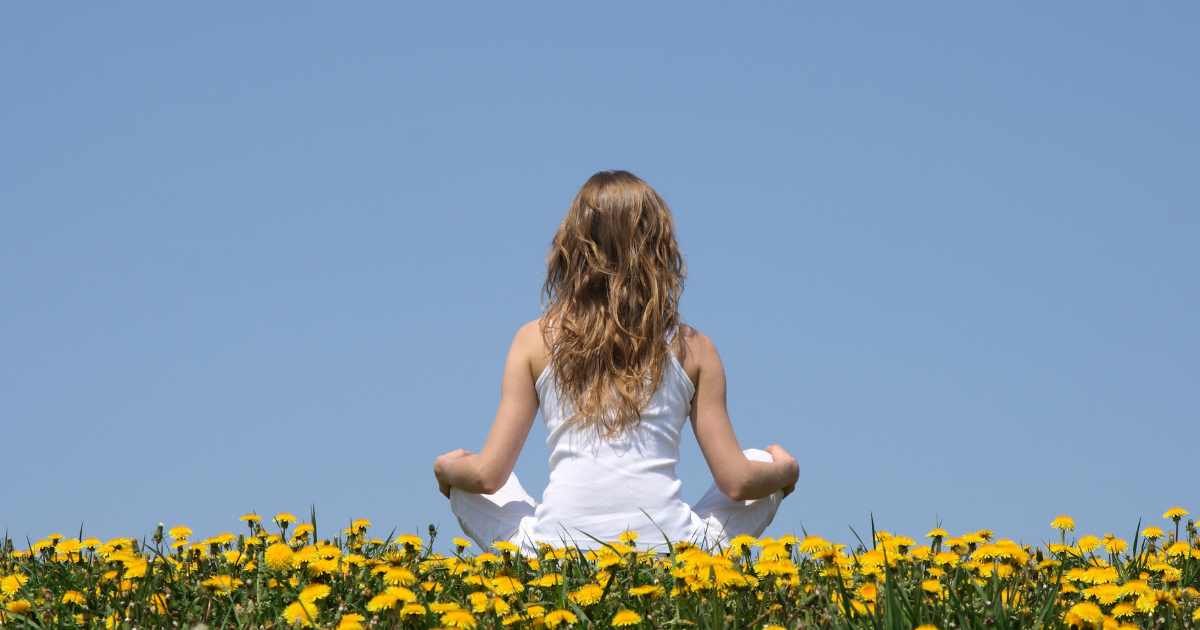
Final Thoughts: Is Relaxing Tea Worth a Try?
In conclusion, tea offers a natural and accessible option for individuals seeking relaxation and support for their mental well-being. Its potential benefits, grounded in traditional wisdom and anecdotal experiences, make it worth exploring as a part of a holistic self-care routine.






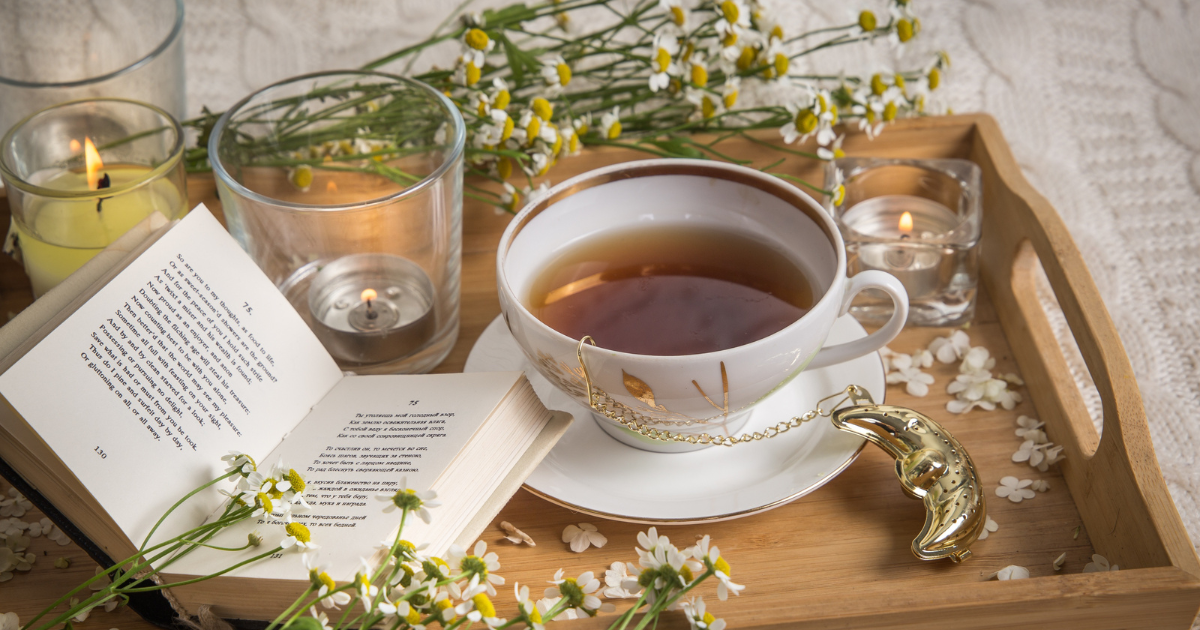









Leave a Reply